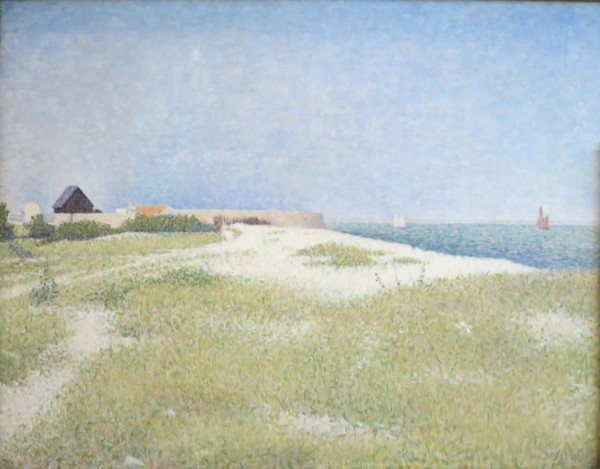
I read a few days ago that 2024 marks 150 years since the birth of Charles Ives. I had overlooked the round anniversary (however, not long ago we heard his delightful Two little flowers), so, as a small celebration, this week we will listen to one more song of the composer that I jotted down for this series.
We refer to Ives as the founder of American song, however, he also composed songs based on French and German poetry. Horatio Parker, one of the most significant American musicians of the time, asked his students at Yale to put music to poems previously set by great composers, and this was how this week's song, Feldeinsamkeit, was born.
The poem, which tells us about the communion of the poetic self with nature, was written by Hermann Allmers in 1852 and set to music by Johannes Brahms in 1882. Charles Ives wrote his version only fifteen years later. When Parker saw the profusion of notes, he raised his eyebrows. Unlike Brahms' quiet song, the accompaniment to Ives' song keeps us in continuous movement, especially in the first stanza, perhaps alluding to the movement of crickets in the poem. We can get lost in the clouds, but that doesn't mean that activity around us is constant.
However, it turns out that on the day Ives performed the song for Parker, another prominent composer, George Chadwick, was also present. According to Ives memoirs, Chadwick replied to his colleague: “In its way, it's almost as good as Brahms. It's as good a song as you could write, Horatio.”
Who knows if Allmers would have felt more comfortable with the version of Ives than with that of Brahms, which he considered too artificial for such a simple poem. I disagree with Allmers and find the Brahms song to be magnificent, but I also like Ives. We will listen to it performed by Gerald Finley and Julius Drake.
Ich ruhe still im hohen grünen Gras
Und sende lange meinen Blick nach oben,
Von Grillen rings umschwirrt ohn Unterlaß,
Von Himmelsbläue wundersam umwoben.
Die schönen weißen Wolken ziehn dahin
Durchs tiefe Blau, wie schöne stille Träume;
Mir ist, als ob ich längst gestorben bin
Und ziehe selig mit durch ew'ge Räume.
Please follow this link if you need an English translation


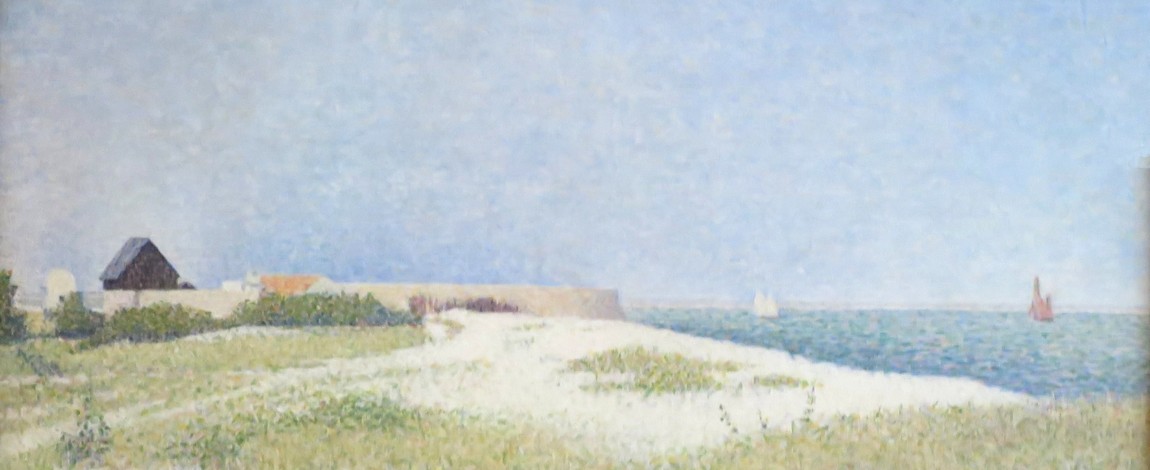
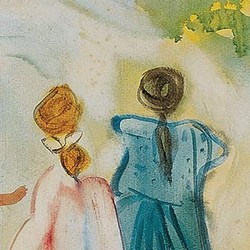
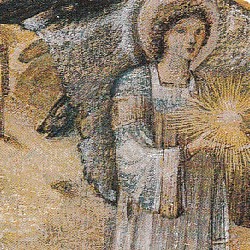
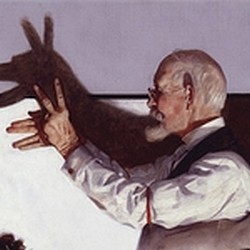












Comments powered by CComment